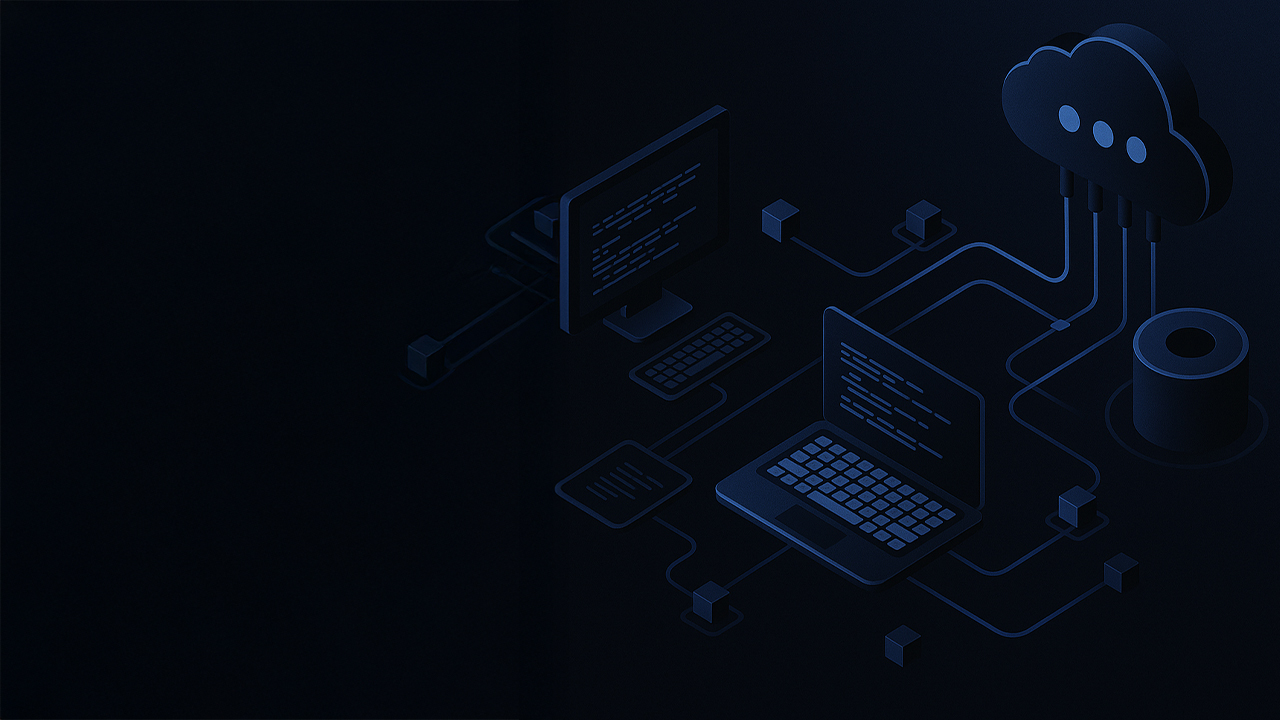As artificial intelligence (AI) continues to shape how we live, work, and learn, the digital systems we rely on are becoming smarter and more reliant on data than ever before. From predictive analytics to personalised content delivery, the potential of AI is vast, but demands a critical responsibility: safeguarding the data through which it is powered.Whether in education, finance, or healthcare, ensuring the privacy and security of user information is now a foundational requirement of any AI-driven platform, and with several breaches making headlines over the past years, it is important to be more cognizant of how security impacts your data and in turn your brand and public perception.
AI’s Growing Role in Everyday Systems
AI thrives on information and in order to function effectively, it depends on large volumes of data and much of it may be personal or sensitive. This includes demographics, behaviour patterns, usage history, and in certain instances even biometric details. Millions of people all over the world are feeding the system, at times without realising the risks associated with the dissemination of that information.
Globally, we have seen AI integrated across everything from virtual assistants to diagnostic tools. And while these systems enhance efficiency and insight, they also expose new vulnerabilities. For example, breaches linked to AI-enabled services have highlighted how quickly trust can erode if data protection is not prioritised from the outset.

Security by Design, not just an Afterthought
Modern platforms can no longer afford to treat security as a post-launch consideration. Instead, it must be woven into every layer of development, especially when AI is involved.
Here are some key principles that guide secure and responsible AI implementation:
Data Minimisation
Collect only what is necessary and communicate clearly with users about how their information is used.
Access Management
Role-based access control helps ensure that data is only accessible to those who truly need it, whether they may be learners, administrators, or support teams.
Transparency in Algorithms
When AI influences decisions, such as identifying learning gaps or suggesting learning materials, users should understand how those decisions are made.
Continuous Monitoring
AI models and data systems should be regularly reviewed for anomalies, biases, or emerging threats, allowing for proactive risk mitigation.
Meeting Legal and Ethical Standards
Sri Lanka’s upcoming amendments to the Personal Data Protection Act (PDPA), a first in South Asia, will establish a national framework for data privacy and security and this marks an important step for platforms operating locally, including Layup, towards formalising data protection practices.
Building Trust in the Age of AI
As AI continues to evolve, trust becomes just as integral as innovation. In sectors like education, where platforms like Layup play a pivotal role, the assurance that user data is safe, secure, and ethically handled can determine long-term success.
For forward-thinking digital platforms, security is not just about protection, it is about creating an environment where users feel confident, informed, and empowered.
%20(2).png)


%20(2).png)




